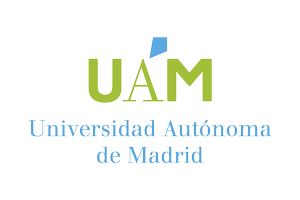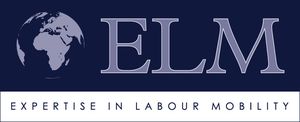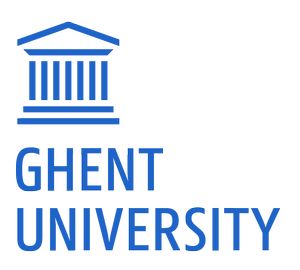Project
About
The Erasmus Skills project comes in a period where European member states reached general consensus on the importance of learning mobility in their education systems. Understanding the added-value of mobility in the context of study programmes works as a leverage of the benefits of exchange experiences for students and the quality of teaching and learning delivered by academics at home institutions, as internationalisation contributes to the improvement of the educational systems.
The project will make it possible for students to self-assess their learning mobility outcomes and for university practitioners and academics to endorse a more conscious soft skills acquisition in Erasmus students.
To endorse the above-mentioned understanding of the value of mobility by students and university staff, the Erasmus Skills project provides a set of innovative tools to help Erasmus students to enhance and acknowledge the soft skills and competences gained thanks to their mobility experience. The variety of tools produced provide support both to students – before, during and after their mobility experience on soft skills acquisition and European integration – and to the university teachers and practitioners – on how to back Erasmus students for a more conscious soft skills acquisition and how to include mobility-related soft skills in curricula (mobility @home).
Objectives
Erasmus Skills provides digital tools to ensure that students are more aware of the process they go through while on exchange and the impact this has on their acquired knowledge, skills and attitudes, their personal and professional development and their place in society as European citizens. Digital tools make Erasmus Skills objectives compatible with a rapid quantitative increase of learning mobility periods.
| Objective 1 | Objective 2 | Objective 3 | Objective 4 | Objective 5 |
|---|---|---|---|---|
| To encourage students to self-assess their learning mobility outcomes: knowledge, skills and attitudes. | To provide a visual representation of those learning mobility outcomes for students and employers. | To provide guidelines to university staff and practitioners on how to back Erasmus students for a more conscious acquisition of mobility related knowledge, skills and attitudes. | To provide context to student learning mobility by anchoring it in the European integration process. | To produce a methodology for embedding mobility related learning outcomes in the curricula. |








